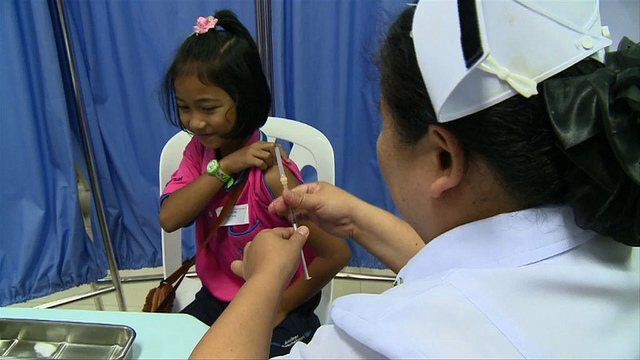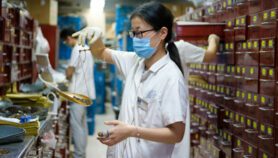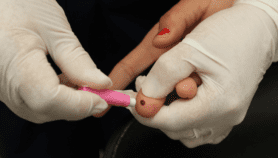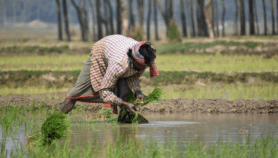By: Joel Adriano
Send to a friend
The details you provide on this page will not be used to send unsolicited email, and will not be sold to a 3rd party. See privacy policy.
[MANILA] Warnings by the pharmaceutical firm Sanofi Pasteur that its dengue vaccine is unsafe for people who have never been infected with the dengue virus has Philippine officials scrambling to contain the backlash on a decision to roll out the vaccine.
In a statement last Thursday (29 November), Sanofi said Dengvaxia, the first ever dengue vaccine, could put people at risk of “severe disease” if they had not previously been infected with the virus. Dengvaxia, the statement said, provides “persistent protective benefit against dengue fever” for those who have had prior infection.
There are four dengue strains and a first infection with any one of them is usually mild. A second infection with a different strain can result in severe disease and the vaccine apparently mimics a first infection.
“The government will actively monitor all immunised children for at least five years”
Francisco Duque III, Philippine Health Secretary
Of the 11 countries which approved commercial release of the vaccine, only the Philippines (over 700,000 vaccinated) and the Parana state of Brazil (about 300,000 vaccinated) had mass vaccination programmes.
In the Philippines, concern focused on the 492,000 public school kids immunised last year, following assurances and recommendations by technical experts and the WHO. However, local apprehensions had been sufficient to prompt a congressional inquiry.
A statement from the office of the Philippine President said that the immunisation was the country’s biggest sham even as the Department of Justice announced it is planning to launch a probe. Centres may also be set up in the provinces for parents of vaccinated children to file complaints.
In an interview with SciDev.Net, Philippine health secretary Francisco Duque III says the government will actively monitor all immunised children for at least five years.
Duque explains that immunised children, including those with no history of dengue infection, have protection for a period of 30 months. “It is after this period that an infection could be dangerous. Immunised children with no history of dengue infection who are exposed to the dengue virus after the two-and-a-half-year protection gap are in danger of possible severe disease,” he says.
Independent health advocate Anthony Leachon said what this means is that “all of them will have to live with this possibility (of getting severe dengue disease) for the rest of their lives.”
On Monday, Sanofi tried to calm public fears explaining that a severe outcome means fever for two days, lower platelet count and bruising which is way milder from the WHO definition of severe dengue which results to bleeding and organ failure.
In the statement, secretary of state for health Michele Caputo Neto said the benefits of vaccination outweigh the risks as there are areas which “faced consecutive epidemics, with high viral circulation and have recorded a large number of (severe) cases.”
Defending the decision to continue, the statement cited comparative figures. “Since August 2016, when the vaccination campaign was defined, 1,061 cases of dengue fever (were recorded) in Parana and no deaths from the disease.” Prior to the vaccination period, “between August 2015 and July 2016, Parana registered 56,351 cases and 63 deaths from dengue”.
This piece was produced by SciDev.Net’s South-East Asia & Pacific desk.














